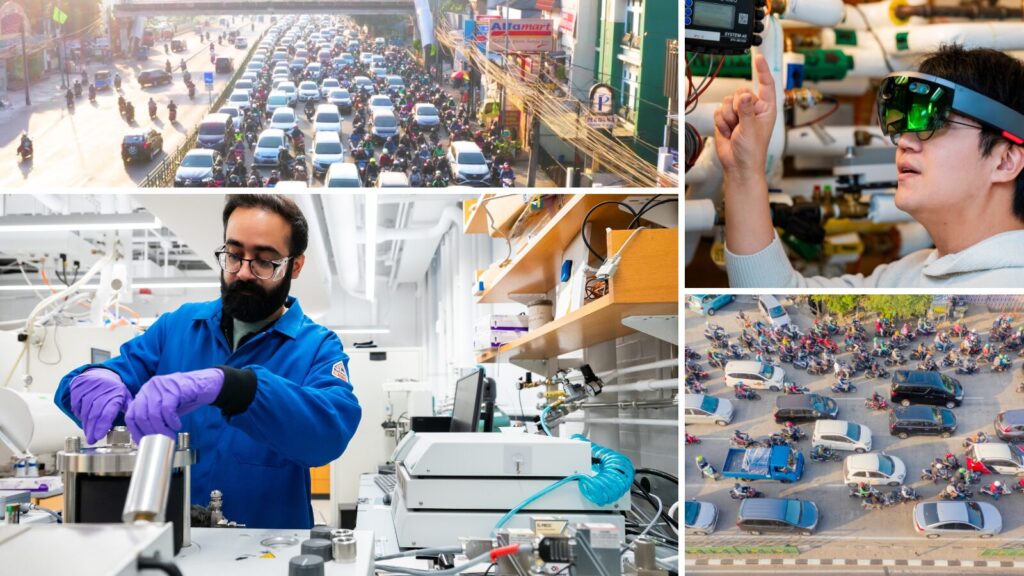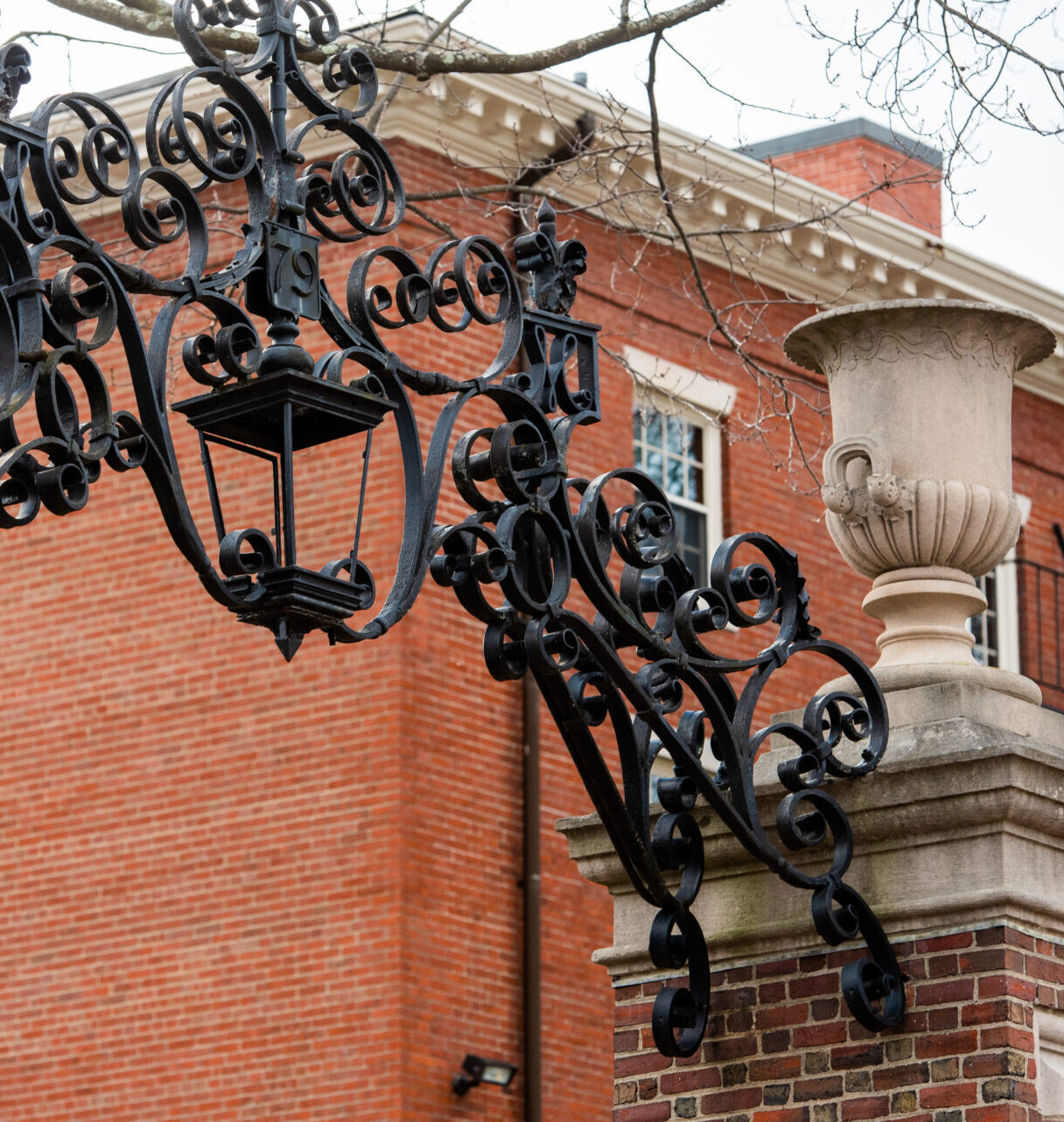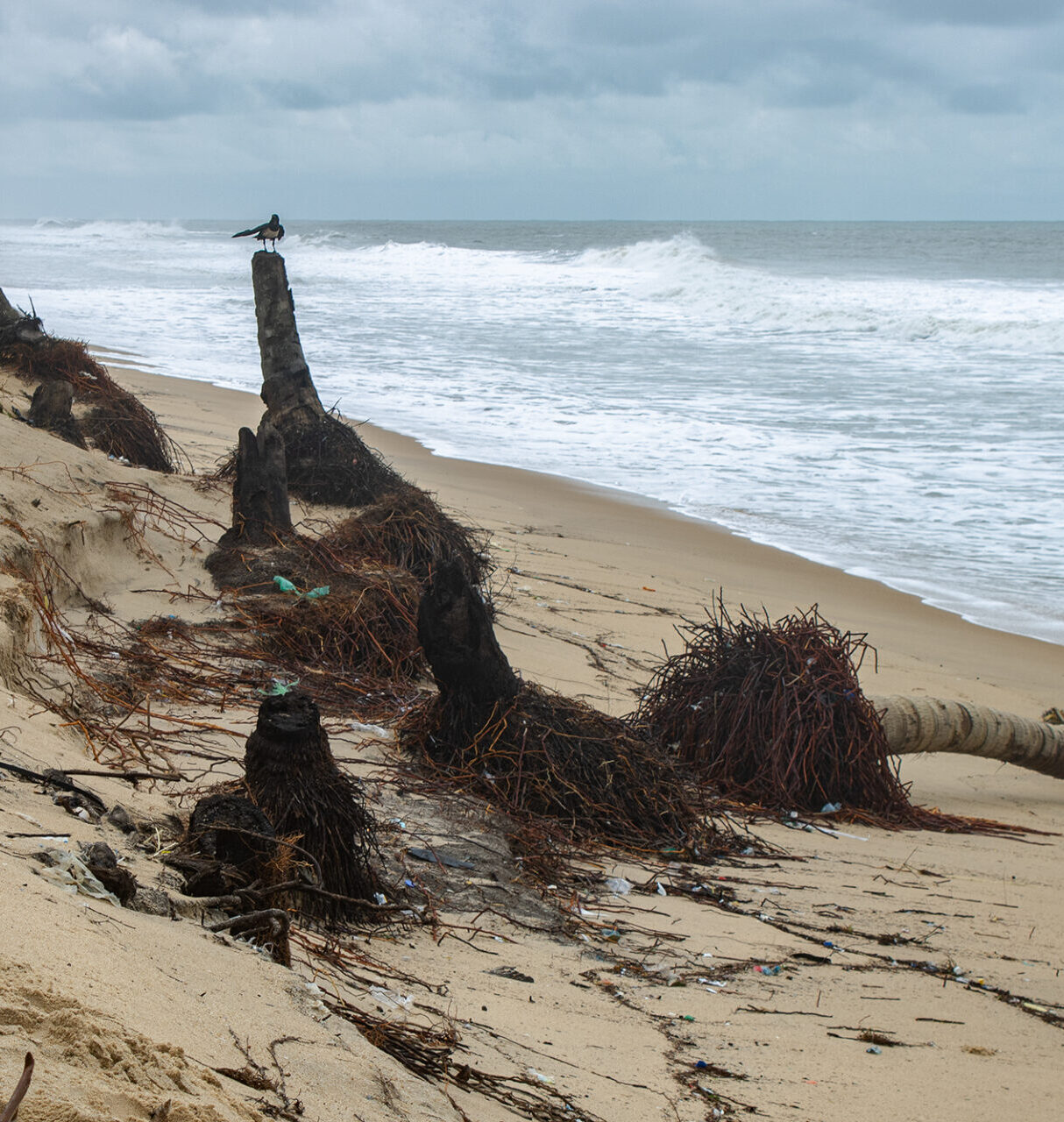New investments in climate research target carbon pollution from buildings and vehicles
New interdisciplinary research teams of Harvard faculty are taking on two of the biggest sources of planet-heating emissions, with funding from the Salata Institute for Climate and Sustainability: buildings and transportation. Combined, these account for over half the world’s carbon pollution.
Today, the Institute announced two multi-year grants for novel collaborations across Harvard’s Schools and academic disciplines. One will address deadly emissions from transportation in fast-growing megacities. The other will deploy emerging methods and technologies to improve the energy efficiency of buildings and cut emissions.
The grants will provide a total of $3.6 million over three years to projects that involve more than a dozen faculty from the Harvard Kennedy School, the Graduate School of Design, the John A. Paulson School of Engineering and Applied Sciences, and the Faculty of Arts and Sciences.
These new Climate Research Clusters join five others that began in 2023 and represent a further investment by the Institute in research and education at Harvard in climate and sustainability.
“The Salata Institute is anchored in solutions-focused, cross-School research,” said Jim Stock, Harvard’s Vice Provost for Climate and Sustainability and the director of the institute. “These projects, which leverage Harvard’s strengths, tackle large, interconnected problems in ways that are both innovative and scalable. It is heartening to see teams from across the University come together to address the climate challenge.”

Urban mobility and climate change
In Global South megacities, on-demand ride apps are booming, urban settlements are expanding, and local vehicle manufacturing is taking off – setting up possibly long-lasting mobility habits. As a surge of private motorized transport is coupled with traffic congestion and local air pollution, planners are struggling to regulate and provide adequate public transportation.
This research cluster, led by Rema Hanna, Jeffrey Cheah Professor of South-East Asia Studies at the Harvard Kennedy School, and Gabriel Kreindler, Assistant Professor of Economics, marshals experts from urban planning, public policy, economics, computer science, and atmospheric chemistry. They will examine how to optimize public transportation and electrify super polluters like two-stroke motorcycle engines; measure and reduce co-pollutants; and propose adaptation strategies to climate shocks such as flooding, heat, and storms. Already, they are collaborating with policymakers in Indonesia and Uganda to test and scale their proposals.
The project will also build the intellectual infrastructure to jump-start related research: With Salata Institute funds, the cluster will purchase mobility data covering millions of individuals globally with precise temporal and spatial resolution.
“Transportation plays a crucial role in economic growth, yet it is also a significant contributor to climate change, responsible for 15% of global greenhouse gas emissions,” said Hanna, the co-principal investigator. “This project will devise innovative, sustainable transport solutions that balance economic benefits with reduced environmental impact.”
Building sustainable cities
Residential and commercial buildings contribute about 40% of global carbon emissions – heating and cooling with gas or electricity, lighting interiors, cooking dinner, plus construction materials like concrete and steel.
From materials design and discovery to advanced sensors and responsive grids, this cluster will investigate how data-driven algorithms and material innovations can improve energy efficiency and human well-being on a larger scale. Principal investigator Ali Malkawi, Professor of Architectural Technology at the Harvard Graduate School of Design and founding director of the Center for Green Buildings and Cities, has assembled a team of faculty co-investigators with expertise in chemistry, materials science, fluid mechanics, computer science, architecture, urban design, and engineering to become Harvard’s hub for research on energy-efficient buildings. They will collaborate with industry experts to ensure the outcomes are practical.
Ultimately, the team will shift focus from single structures to entire neighborhoods, creating smart, interconnected systems that allow buildings to exchange and share energy automatically, fostering a cooperative approach to energy management.
“This project, driven by interdisciplinary collaboration, addresses urgent climate challenges by developing and scaling sustainable design solutions,” said Malkawi, who is also Director of the Doctor of Design Studies Program. “We aim to modernize and eventually revolutionize energy-efficient building performance to help shape the future of sustainable urban environments.”
Fostering cross-campus collaborations
The Salata Institute is aggressively expanding climate and sustainability research. Since its launch in June 2022, the institute has awarded over $13.3 million in research funding, supporting the work of 85 faculty from across Harvard University.
In addition to the clusters, the Salata Institute Seed Grant Program supports new research in understudied and emerging topics in climate and sustainability, encourages new interdisciplinary partnerships, and enables faculty whose work is not normally in climate and sustainability to apply their expertise to the climate challenge.










